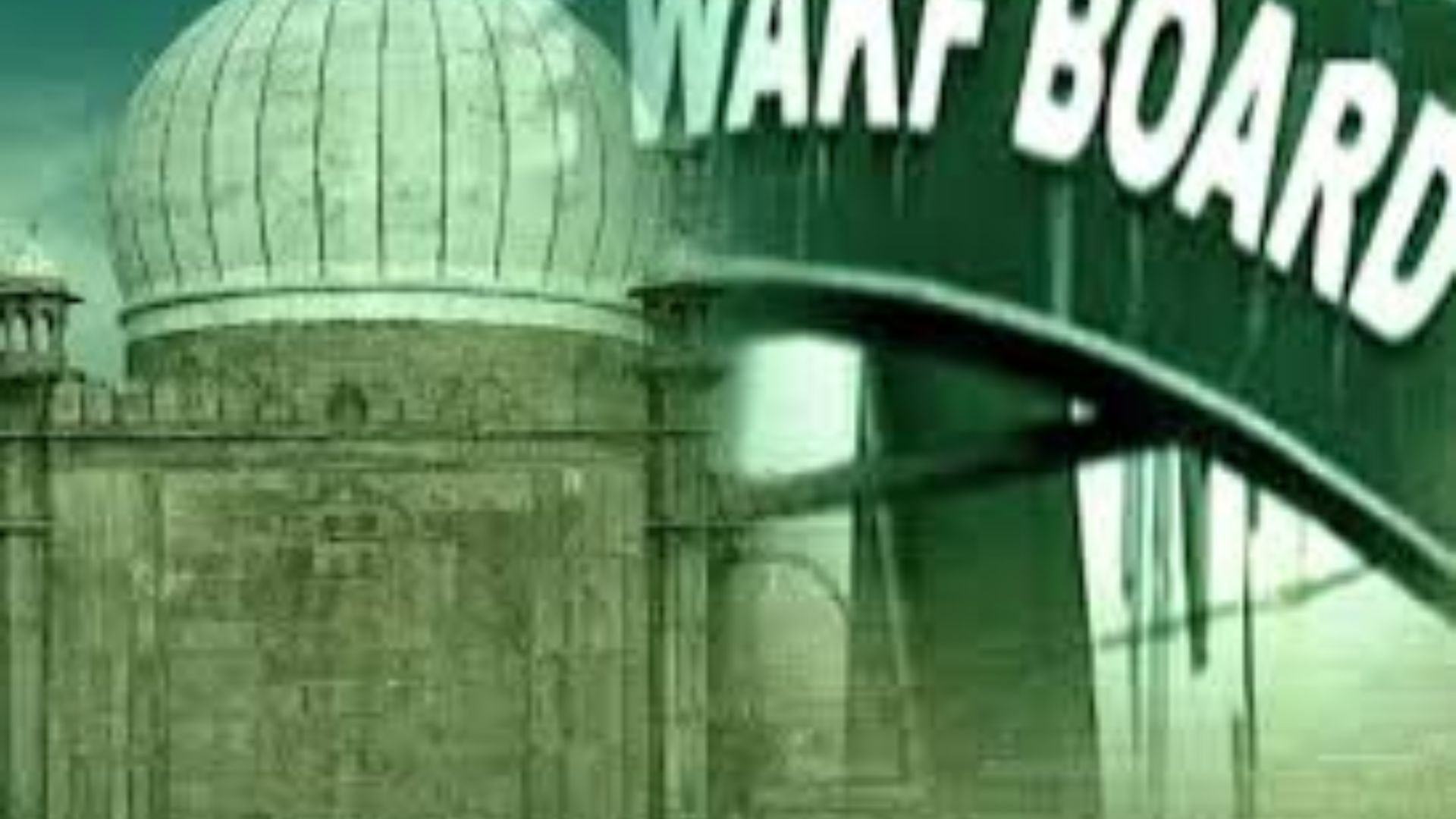The Joint Committee of Parliament’s discussions on the Waqf (Amendment) Bill have become a contentious arena, with several government agencies accusing Waqf boards of claiming ownership of properties that they argue rightfully belong to them.
Opposition members have alleged that many Waqf properties are actually under “unauthorized” control of government bodies, including the Archaeological Survey of India (ASI). Asaduddin Owaisi of AIMIM, a prominent opposition figure, presented a list of 172 Waqf properties in Delhi that he claims are improperly held by the ASI. This submission was made to the committee’s chairperson, BJP’s Jagdambika Pal, following ASI’s claim that over 120 of its protected monuments are being laid claim to by various Waqf boards, which the ASI also accuses of unauthorized construction.
Other government entities, including the urban affairs and road transport ministries and the Railway Board, have echoed similar grievances against Waqf boards, backing the proposed amendments to the law. The ASI, in the committee’s recent meeting, provided a list of 53 protected monuments that state Waqf boards have claimed decades after ASI had declared them as protected sites.
The committee is holding extensive meetings to hear all parties involved, with a goal to complete its recommendations by the first week of Parliament’s Winter Session. Critics of the Bill are particularly vocal against proposed changes that would eliminate the “Waqf by user” norm (which allows Waqf boards to claim properties based on historical religious use), grant district collectors authority to adjudicate disputed properties, and propose the inclusion of non-Muslims on Waqf boards.
During the latest meeting, the ASI argued that Waqf boards could claim any property as their own. This prompted opposition members like Congress’s Syed Naseer Hussain and Owaisi to accuse the ASI of spreading misinformation and misleading the public.























